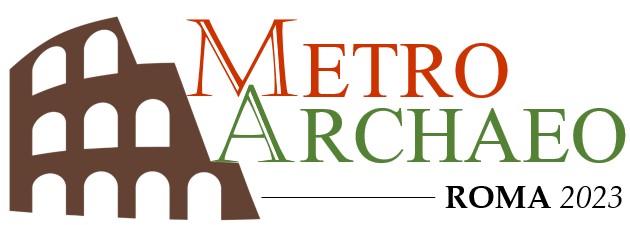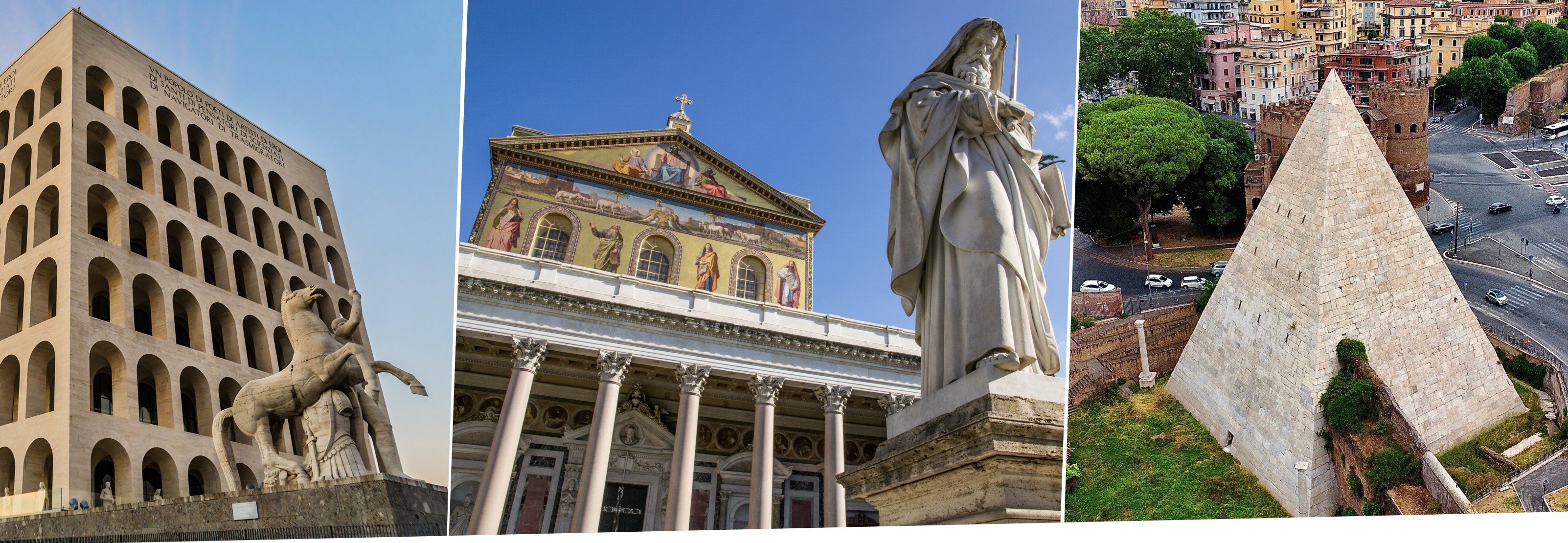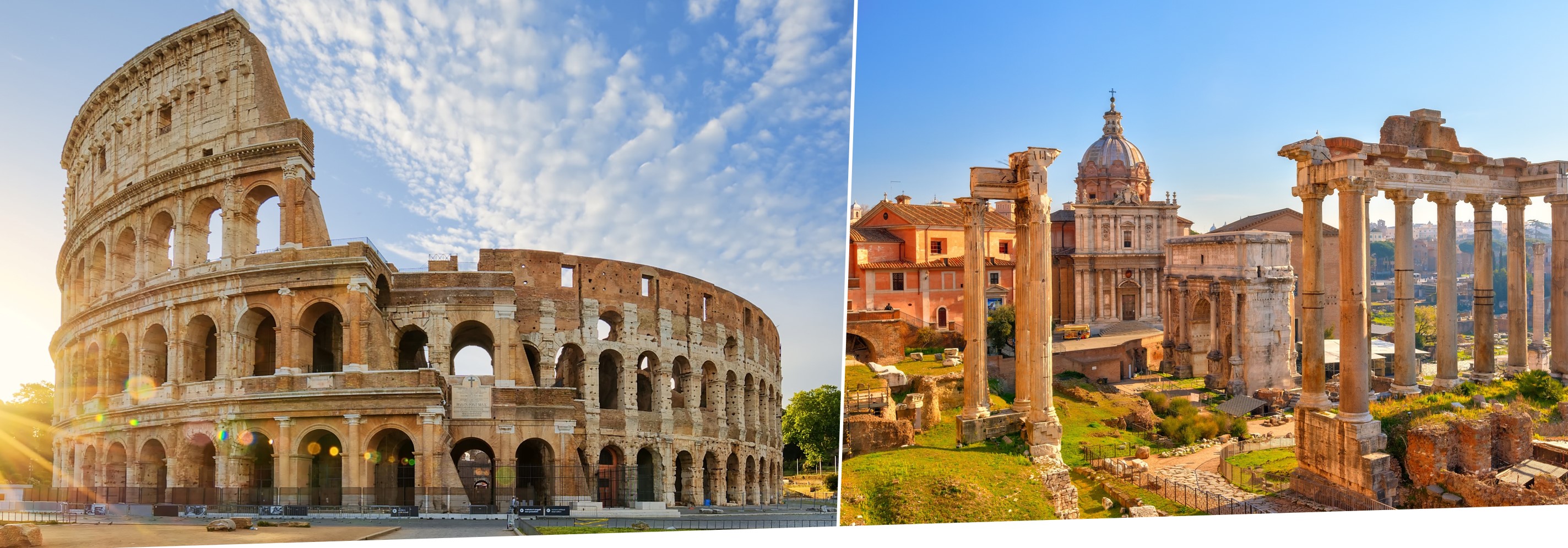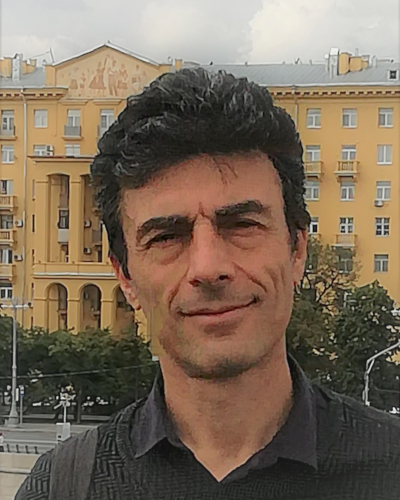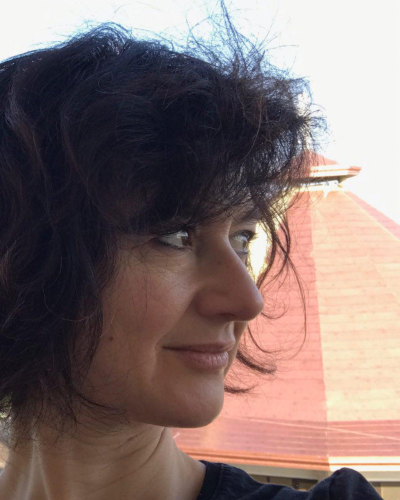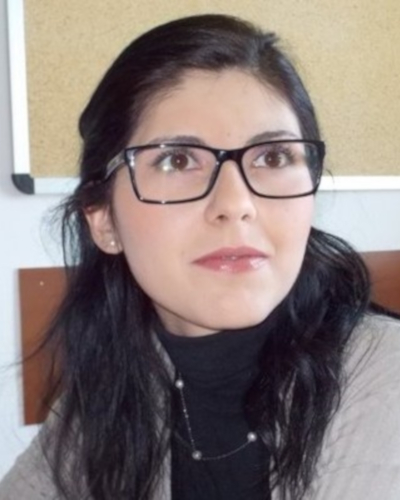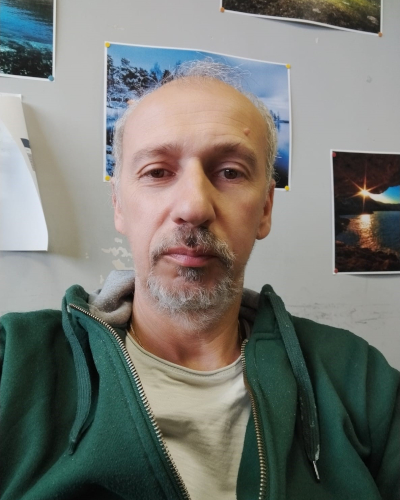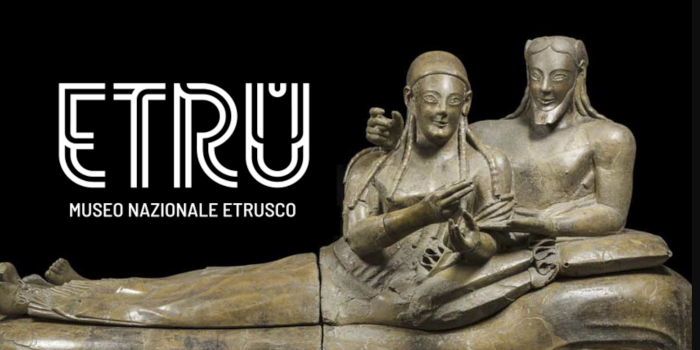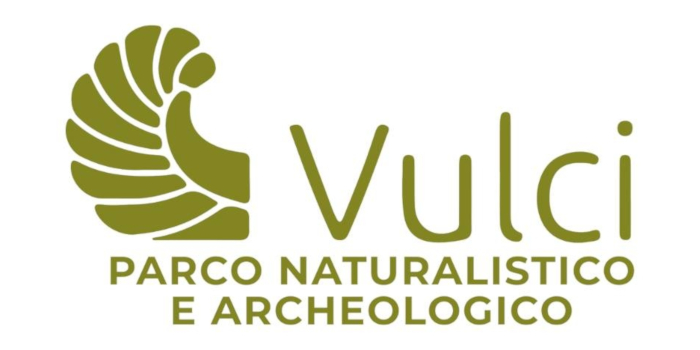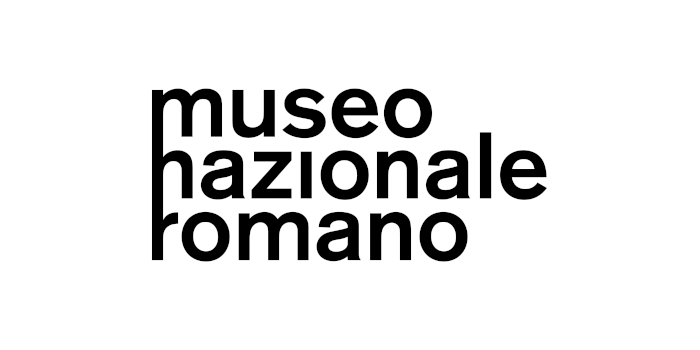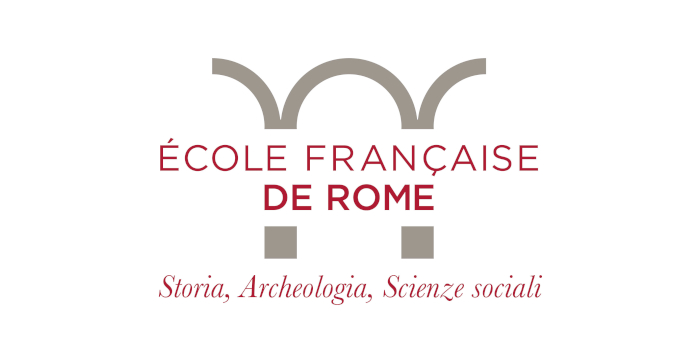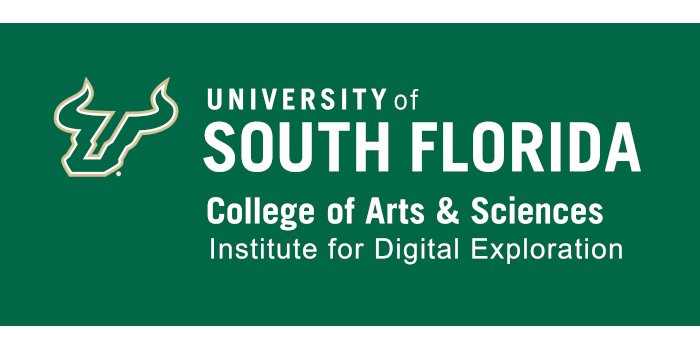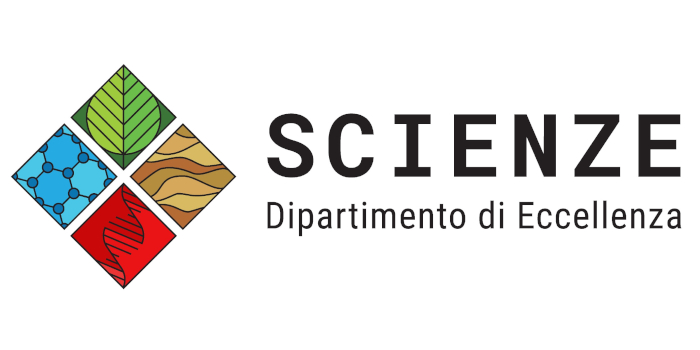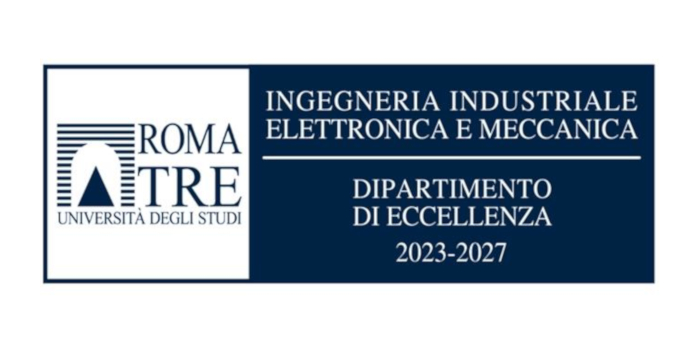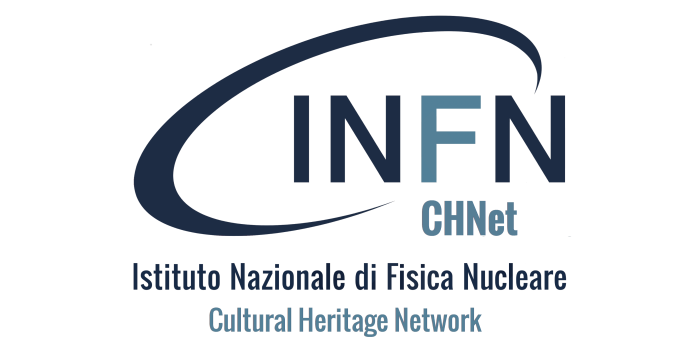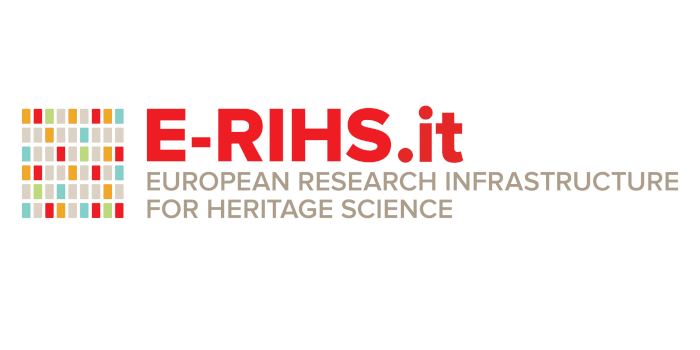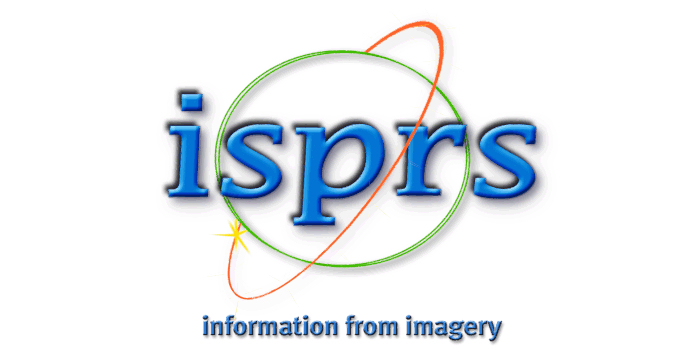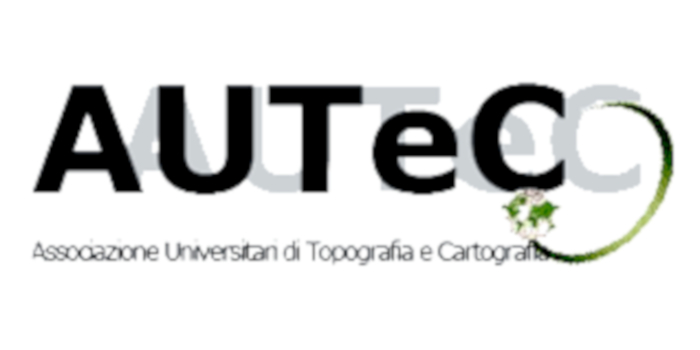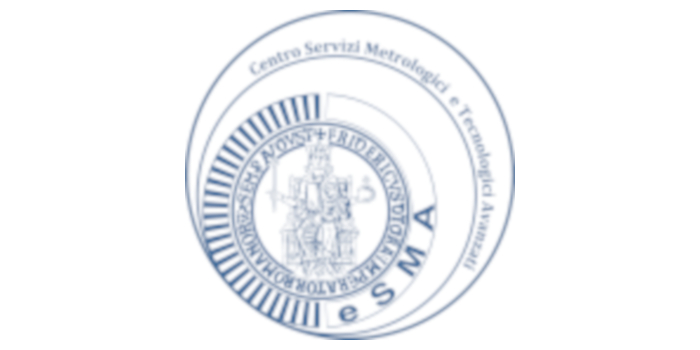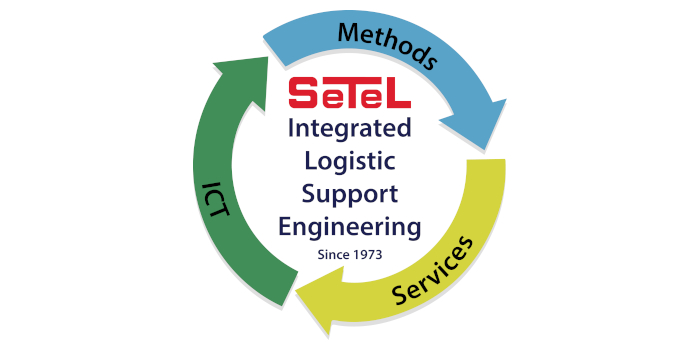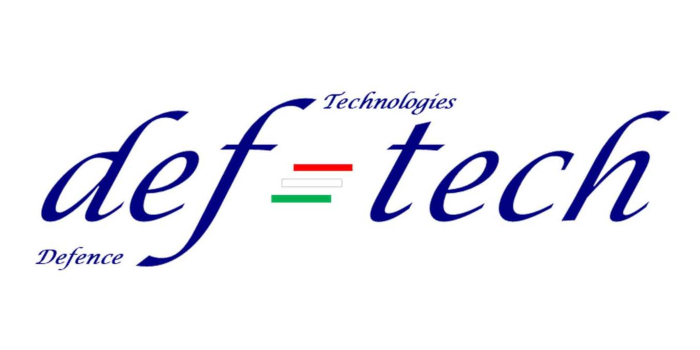SPECIAL SESSION #13
Non-destructive Imaging Techniques for the Characterization of Cultural Heritage
ORGANIZED BY
Fulvio Mercuri
Department of Industrial Engineering, University of Rome Tor Vergata, Italy
Eva Pietroni
Institute of Heritage Science, National Research Council, Italy
Noemi Orazi
Department of Industrial Engineering, University of Rome Tor Vergata, Italy
Giovanni Caruso
Institute of Heritage Science, National Research Council, Italy
ABSTRACT
The use of non-destructive imaging techniques for the characterization of Cultural Heritage allows the collection of significant information, for instance about the artwork’s manufacturing process and state of conservation, which is useful for planning appropriate restoration treatments. To this purpose, imaging techniques, in the different portions of the electromagnetic spectrum, have proven to be an effective tool for the analysis of several artworks, including bronzes, library materials, and paintings.
This special session is devoted to the application of all the imaging techniques for the inspection of Cultural Heritage objects. The purpose is to bring together new research works performed in this field to confirm that these techniques can now be considered valuable tools for the detection of a large number of relevant features, thus providing useful information for both scholars and restorers. The discussion will consider also the methodologies that can be applied to integrate coherently all the information through efficacious scientific digital 2D and 3D visualisations, interaction tools, platforms and applications, in order to transmit knowledge to scholars and general public.
MAIN TOPICS
The special session focuses on:
- thermal imaging;
- optical and coherent imaging techniques (visible, IR, UV, etc.);
- remote sensing and hyperspectral imaging;
- three-dimensional reconstruction techniques;
- integration of non-destructive methods for preservation;
- scientific visualisation and interaction tools;
- knowledge transmission.
ABOUT THE ORGANIZERS
Fulvio Mercuri is Associate Professor of Applied Physics at the University of Rome Tor Vergata where he currently teaches General Physics and Applied Physics for Cultural Heritage. From 2008 to 2013 he was chairman of the Master's degree program in Restoration of Library Materials. He currently coordinates the research activities of the Laboratory of Thermal and Non-Destructive Analysis of Cultural Heritage. His research activities concern the diagnostics of cultural heritage and the deterioration processes of its constituent materials.
Eva Pietroni is Senior Researcher at the Institute of Heritage Science, CNR; Conservator of BB.CC., art historian and musician. Her research in the field of Cultural Heritage concerns virtual museums and museum technologies, digitization, virtual reconstruction, scientific visualisations, new forms of narration and interaction based on the hybridization of media (VR, AR, MR, audio-visual media, performing arts, documentaries), user research, cognitive aspects and learning through digital technologies. She is the coordinator of the “Codex4D research project: 4 dimensional journey inside the ancient manuscript”.
Noemi Orazi holds a Ph.D at the Department Of Industrial Engineering of the University of Rome Tor Vergata. Since 2010, she is an Assistant Researcher at the same Department and her research activity is devoted to the use of infrared imaging techniques (i.e. Active thermography and Reflectography) for the investigation of Cultural Heritage objects, such as bronzes, ancient books and paintings.
Giovanni Caruso holds a Ph.D in Structural Mechanics at the Department of Civil Engineering of the University of Rome Tor Vergata. Since 2002 he is Senior Researcher at the Italian National Research Council. In 2017 he moved to the Institute of Heritage Science and began to be interested in Pulsed Thermography applied to Cultural Heritage items. In particular, he developed mathematical models for the interpretation of the experimental results.
